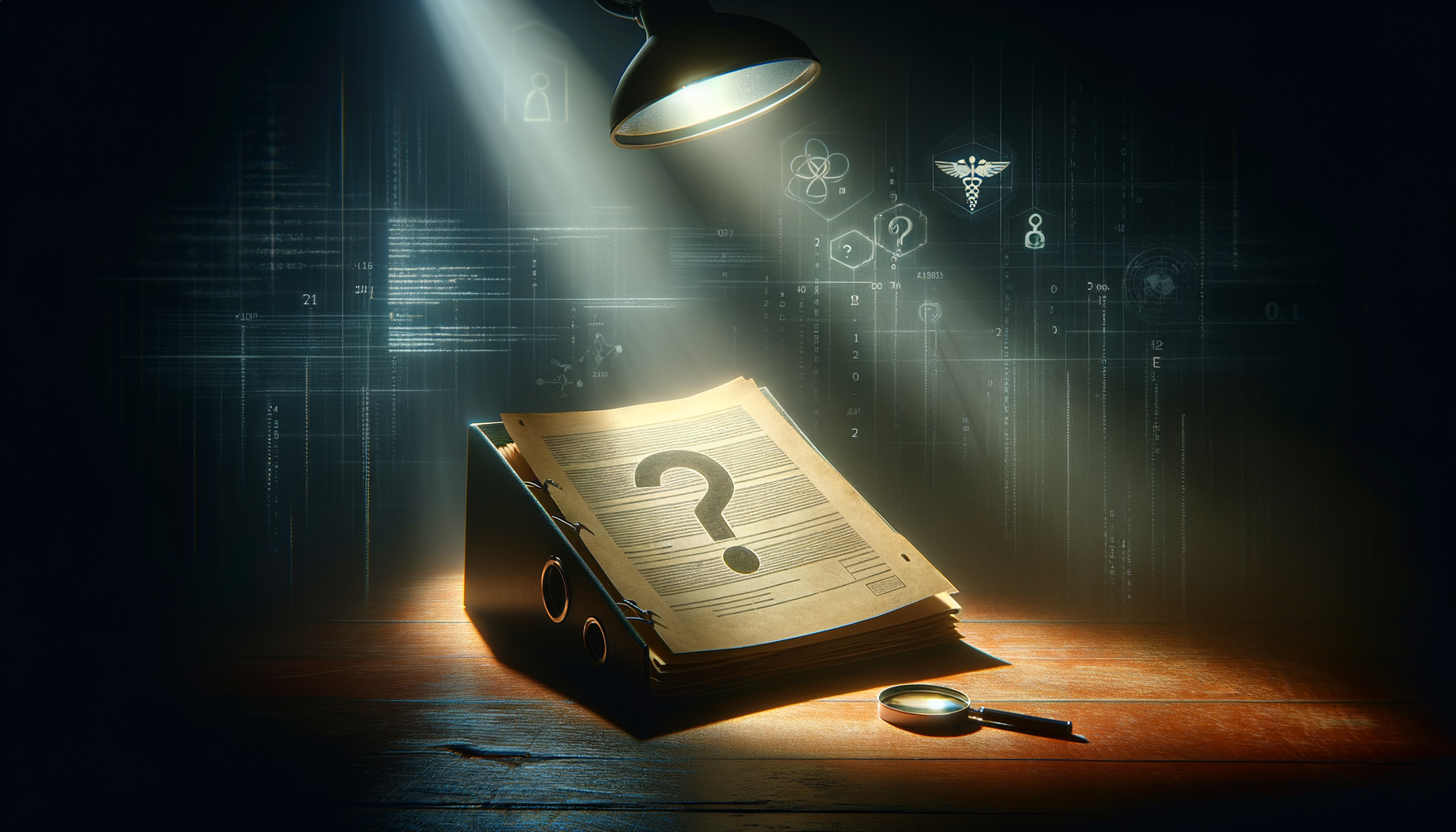The Short Answer
No, there is no independently verified evidence that Hillary Clinton was ever on “heavy tranquilizers” or secretly diagnosed with “psycho-emotional problems.”
And now the long, twisting story of how that headline rocketed around the internet—and why the key document at the center of it still hasn’t surfaced.
The Head-Snapping Revelation That Isn’t (So Far)
On Wednesday, Director of National Intelligence Tulsi Gabbard declassified what she called a bombshell House Intelligence Committee report. Within hours, tabloids blared:
“Putin sat on Clinton’s medical secrets—tranks, diabetes, ischemic heart disease—to blackmail her after she won!”
Only one problem: no other outlet, government website, or bipartisan investigation has ever published (or even acknowledged) this supposed 2020 report in full.
What We Tried—and Failed—to Find
- The House Permanent Select Committee on Intelligence (HPSCI) archives? Nothing.
- The Government Publishing Office’s classified‐release docket? Nothing.
- The five-volume, bipartisan Senate report on 2016 Russian interference? Mentions plenty of kompromat—not one word on tranquilizers or “psycho-emotional” fits.
Until the document surfaces, Gabbard’s claim rests on a single New York Post story (July 23, 2025). Link
The Facts We Can Bank On
Verified
- Tulsi Gabbard is the Director of National Intelligence in President Trump’s second term (sworn in Feb 12, 2025).
- Hillary Clinton did stumble and leave a 9/11 memorial in 2016; her doctor said it was pneumonia.
- Donald Trump has repeatedly called the Russia inquiry a “coup,” and Barack Obama labeled the new accusations “bizarre.”
Unverified or Contradicted
- A House report alleging tranquilizers, diabetes, or “psycho-emotional problems.”
- The claim that Vladimir Putin withheld damaging info because he assumed Clinton would win. Bipartisan Senate findings say Russia’s goal was to help Trump, not to wait for Clinton.
- DNC emails describing Clinton’s “uncontrolled fits of anger.” No such messages appear in the massive trove leaked in 2016.
How the Rumor Machine Re-Started
Remember 2016’s fever-swamp talk of Clinton’s coughs, body doubles, even seizures? Those stories faded after her doctor produced medical records. This week’s allegation is essentially a remix of the same theme—with the Kremlin cast as the secret keeper.
Déjà Vu: Ratcliffe’s 2020 Letter
The closest historical echo comes from former DNI John Ratcliffe. In September 2020 he declassified a Russian-intel rumor that Clinton had “approved” a plan to tie Trump to Putin. Intelligence officials warned at the time the rumor was “unverified” Kremlin disinformation. (AP)
Why the Missing Document Matters
If a House committee truly documented a medical kompromat file, the report would have:
- A classification marking, release authority, and archival control number.
- A bipartisan signature page (the committee was then chaired by Democrat Adam Schiff; ranking Republican Devin Nunes).
None has emerged. Even Republican members who often criticize Clinton say they have not reviewed such an annex.
What Could Be True?
- Russian intelligence did gather rumors about Clinton—they collect on every major U.S. figure.
- Some raw intel may have referenced her 2016 fainting spell; raw intel is not the same as vetted analysis.
- A partisan staff memo could exist outside formal committee channels, but without authentication it carries no official weight.
The Politics Behind the “Declassify-and-Blast” Play
- Gabbard’s strategy: frame Obama-era officials as masterminds of a “treasonous conspiracy.”
- Trump’s reaction: renew calls to prosecute the 44th president.
- Obama camp: dismisses it all as “nonsense.”
The bigger picture: Declassification, once a dry bureaucratic act, has become a political weapon. A document—even an incomplete or cherry-picked one—can be unveiled with prime-time flair, leaving fact-checkers scrambling to confirm authenticity later.
Where the Story Stands Now
What we know:
- No independent source has authenticated the tranquilizer/diabetes claims.
- Multiple bipartisan investigations contradict the notion that the Kremlin was waiting for President-Elect Clinton.
- Health rumors about Clinton have been recycled before and debunked.
What we don’t know:
- Does Gabbard possess a legitimate classified annex the public has not yet seen?
- Were any of the raw allegations ever vetted by U.S. analysts and found credible?
Until those answers arrive, the “damning documents” remain more phantom than fact.
Bottom Line for Readers
If the alleged report appears, we’ll scrutinize every line. For now, remember the oldest rule in intelligence and journalism alike: “Extraordinary claims require extraordinary evidence.” So far, that evidence is MIA.
